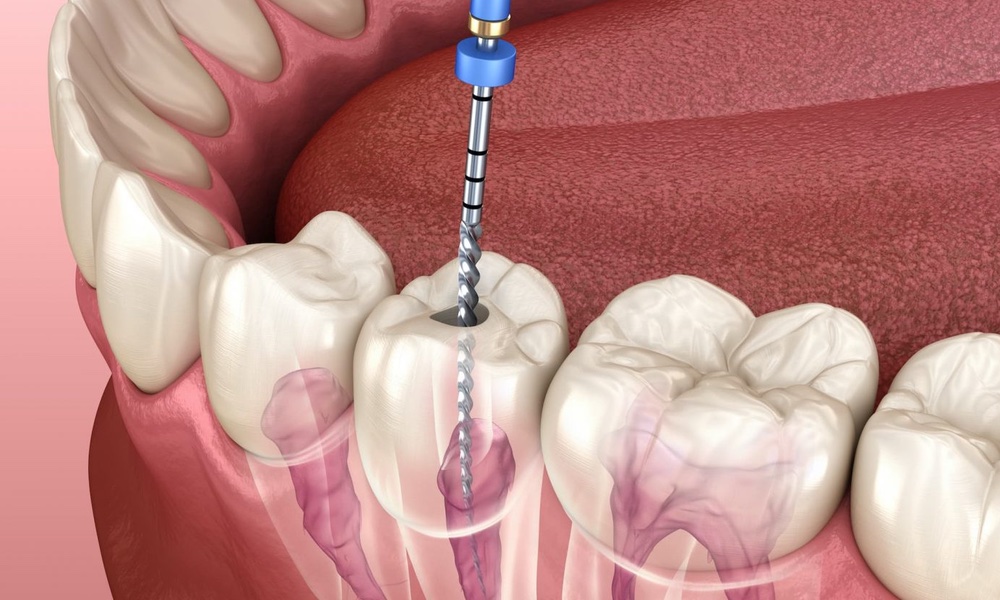Root canals have long carried a reputation for pain and misery. Deserved as it may be, the dental procedure may be doing far more than fixing one bad tooth; it may also help lower blood sugar, reduce inflammation and support healthier metabolic function throughout the body, according to scientists from King's College London and the University of Helsinki.
The researchers followed 65 patients with apical periodontitis, a chronic inflammatory condition triggered when harmful bacteria invade the tooth's pulp and root. These infections are persistent. If left untreated, they not only lead to the need for a root canal, they give oral microbes the opportunity to enter the bloodstream where they can contribute to systemic inflammation and disrupt the body's metabolic balance.
The team collected blood samples at five time points — before the root canal procedure, and then again at 3 months, 6 months, one year and two years later.Just three months after treatment, patients showed short-term improvements in cholesterol health.
The results were promising, and in some cases, remarkable. Just three months after treatment, patients showed short-term improvements in cholesterol health. A group of amino acids strongly associated with insulin resistance also dropped. This suggests the body was moving toward healthier regulation.
But the most significant changes took longer to appear. At the two-year mark, researchers saw significant reductions in blood glucose levels, alongside sustained improvement in inflammatory markers. These findings support the idea that clearing persistent oral infection may help the body better manage blood sugar over time which potentially reduces long-term risk for diabetes and cardiovascular disease.
The researchers had expected to see improvements in oral health, but they were happily surprised to see such broad systemic improvements.
With serious dental infections affecting an estimated 3.7 billion people globally, the study underscores a larger public health point: Oral care shouldn't be separate from medical care. As lead author of the study, Sadia Niazi, Senior Clinical Lecturer in Endodontology at King's College, noted, we need a more integrated model where dentists and physicians work together to monitor blood markers and protect patients' systemic well-being.Clearing persistent oral infection may help the body better manage blood sugar, which potentially reduces long-term risk for diabetes and cardiovascular disease.
Meanwhile, for anyone dreading an upcoming root canal, take comfort knowing the procedure may deliver body-wide benefits that outlast the dental chair. Treating infections early and keeping up with regular examinations may be a surprisingly powerful way to support your future health.
The study is published in Journal of Translational Medicine.





